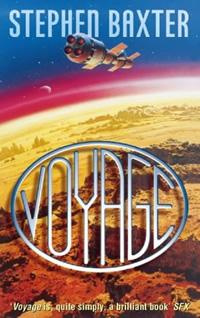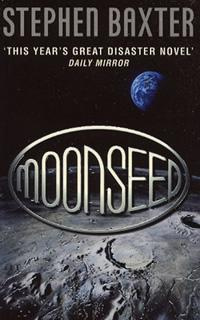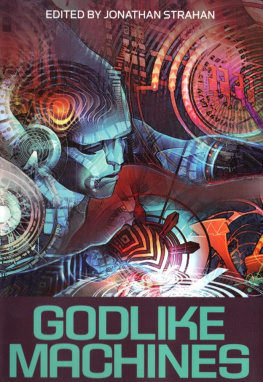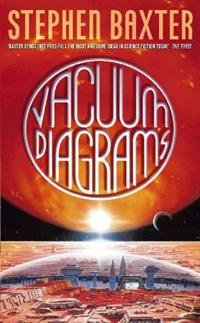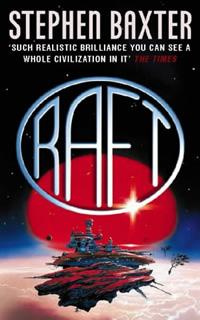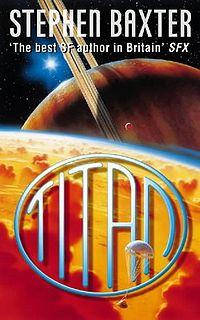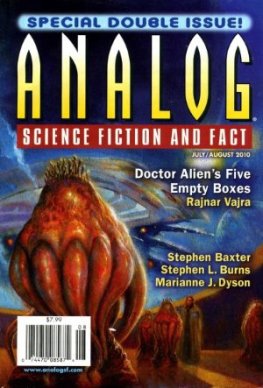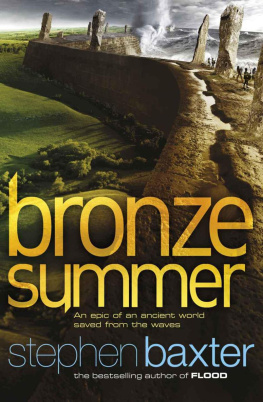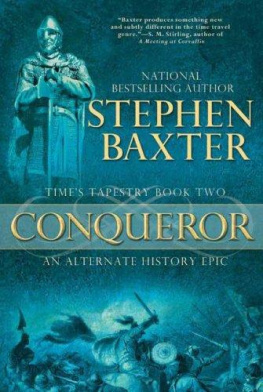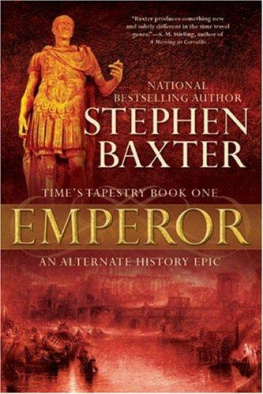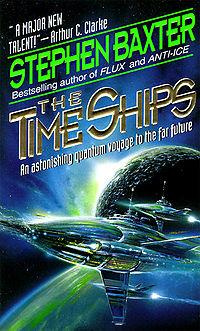Annotation
The book depicts a manned mission to Mars as it might have been in another timeline, one where John F. Kennedy survived the assassination attempt on him in 1963.
Voyage is the epic saga of America's might-have-been -- a powerful, sweeping novel imaginatively created from true lives and real events. NASA, the Saturn rocket, and historical figures from Neil Armstrong to Ronald Reagan are interwoven with unforgettable characters that only a world-class novelist could bring to life: Dana, the Nazi camp survivor who achieves the dream of his hated masters; Gershon, the Vietnam fighter jock determined to be the first African-American to land on another planet; Lee, the small-scale aerospace contractor with a big dream; Priest, who gives his life so that others might live to walk on Mars. And most memorable of all, Natalie York, the brilliant geologist/astronaut who is her own worst enemy, and best friend; a passionate woman who risks a career and a lifelong love for the chance to run her fingers through the soil of another world.
Voyage won a Sidewise Award for Alternate History, and was nominated for the Arthur C. Clarke Award in 1997.
Voyage
by Stephen Baxter
For my nephew, William Baxter
AUTHOR'S NOTE
In 1996, evidence of life on Mars has ignited interest in manned missions to the red planet, but such missions are many years, perhaps decades, away. But NASA could have sent astronauts to Mars as long ago as 1986.
Voyage depicts an alternate history: a time line identical to our own up to a crucial moment in the autumn of 1963 and diverging thereafter.
This novel is a work of fiction. Because of the nature of the plot certain real people associated with the U.S. manned space program are referred to in the story by their real names. For the purposes of weaving my story into the fabric of our own history I have replaced some historical personages with fictional characters. In particular, the second American to orbit Earth was Scott Carpenter, not Chuck Jones as portrayed in the novel; and the second man to walk on the Moon was Buzz Aldrin, not Joe Muldoon as portrayed here. All other characters are fictional constructs, in which case any resemblance to any real individual is wholly unintentional and coincidental.
I would like to acknowledge the invaluable help of Simon Bradshaw, Eric Brown, and Calvin Johnson, all of whom read and commented on versions of the manuscript; and the staff at NASA's Johnson Space Center, Houston, who were extremely generous of their time and energy in support of my research for this book, particularly Eileen Hawley, Paul Dye, Frank Hughes, astronaut Michael Foale, and especially Kent Joosten of JSC's Solar System Exploration Division, who scrutinized my Mars mission with great attention and care. The assistance of these friends has greatly improved the accuracy of my depiction, and any remaining errors and omissions are my responsibility.
In our history, Americans have not traveled to Mars. But in 1969 the U.S. came as close as it ever has to assembling the will and resources for such a mission. Diagrams in the endpapers show how the mission might have been assembled. In an afterword, for interested readers, I have set out my understanding of the crucial historical points at which America turned away from Mars.
In 1996, we need scientists on Mars, they could have been there a decade ago. My novel may be the closest thing to a history of that lost, alternate universe ever to be written, and I have striven to make it as "true" as possible.
It really would have been like this.
Stephen Baxter
Great Missenden
October 1996
Prologue
This is Ares Launch Control, Jacqueline B. Kennedy Space Center.
We have passed the six-minute mark in our countdown. Now at T minus five minutes fifty-one seconds and counting.
Ares waits ready for launch on Launch Complex 39A.
We are on schedule at the present time for the planned liftoff at thirty-seven minutes past the hour.
Spacecraft test conductor has now completed the status check of his personnel in the control room. All report that they are go for the mission, and this has been reported to the test supervisor.
The test supervisor is now going through additional status checks.
Launch operations manager reports go for launch.
Mission Control at Houston reports that all systems on the Ares orbital booster cluster are also nominal and ready to support the mission. The need to be in plane with the cluster, to enable the docking, is imposing a tight window on today's launch.
Launch director now gives the go. We are at T minus four minutes fifty seconds and counting.
At launch time, you may wish to look out for flights of pelicans, egrets, and herons, from the marshy land here on Merritt Island. Forty years ago Merritt pretty much belonged to the birds, and they're still here, although nowadays they're disturbed every few months by a new launching.
It has taken nine Saturn VB launches so far to put the Ares complex into orbit. Today's will be the tenth. So nesting isn't so good anymore.
T minus four minutes and counting. As a preparation for main engine ignition, the fuel valve heaters have been turned on. T minus three minutes fifty-four seconds and counting. The final fuel purge on the main engines has been started. That's the vapor you can see there, billowing across the launchpad, away from the Saturn booster.
The liquid oxygen replenish system has been turned off, so we can pressurize the tanks for the launch.
The wind is below ten knots, and we have a thin cloud layer. That's pretty nearly perfect launch weather, well within mission parameters.
It is typically hot, humid Florida weather here, on this historic day, Thursday, March 21, 1985.
T minus three minutes forty seconds and counting.
I am told that there are an estimated one million here with us today, the largest turnout for a launch since Apollo 11. Welcome to all of you. You might like to know that among the celebrities watching the launch today in the VIP enclosure are Apollo 11 astronauts Neil Armstrong, Joe Muldoon, and Michael Collins, cosmonaut Vladimir Viktorenko, along with Liza Minnelli, Clint Eastwood, Steven Spielberg, George Lucas, William Shatner, sci-fi authors Arthur C. Clarke, Ray Bradbury, and Isaac Asimov, and singer John Denver. We're sure you aren't going to be disappointed.
T minus three minutes twenty seconds and counting. Ares is now on internal power.
Coming up on T minus three minutes.
T minus three minutes and counting.
The engine gimbal check is under way, to ensure that the engines are moving freely, ready for flight control.
T minus two minutes fifty-two seconds. The liquid oxygen valves on both stages have been closed and pressurization of fuel and oxidizer tanks has begun.
T minus two minutes twenty-five seconds and counting. The liquid oxygen tanks are now at fight pressure.
Coming up on two minutes away from launch.
T minus two minutes mark, and counting. Two minutes from launch.
The liquid hydrogen vent valves have been closed and the hydrogen tanks' flight pressurization is under way.
T minus one minute fifty seconds and counting. No holds so far.
Capcom John Young has just said, "Smooth ride, baby," to astronauts Phil Stone, Ralph Gershon, and Natalie York Mission Commander Stone has replied, "Thank you very much, we know it will be a good fight."
T minus one minute thirty-five seconds and counting.
T minus one minute ten seconds and counting. All liquid hydrogen tanks are at fight pressure.

